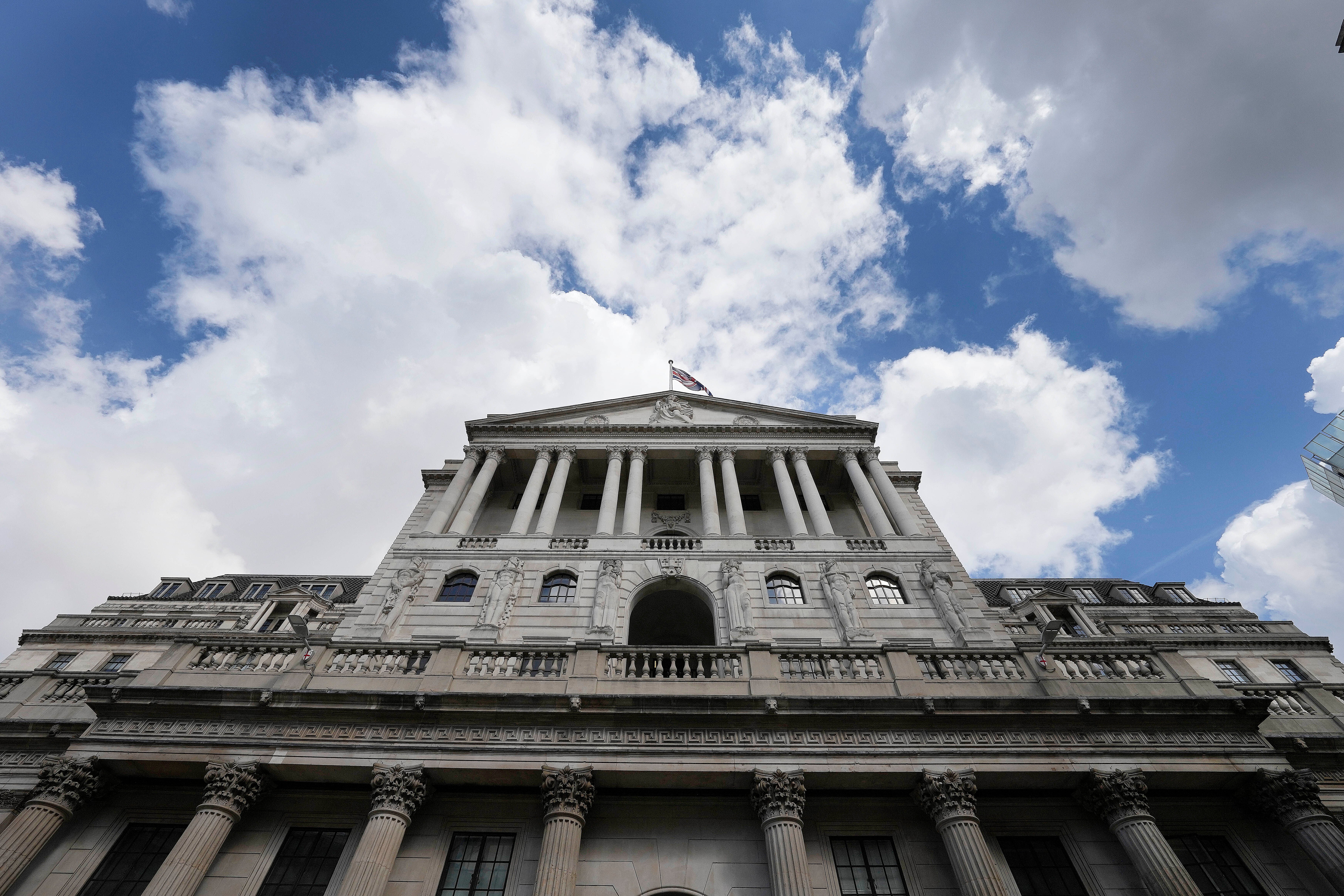UK inflation in surprise fall in August, though Bank of England still set to raise rates
Inflation in Britain fell unexpectedly in August to its lowest level since the start of Russia’s invasion of Ukraine, which led to sharp rises in energy and food costs

Your support helps us to tell the story
From reproductive rights to climate change to Big Tech, The Independent is on the ground when the story is developing. Whether it's investigating the financials of Elon Musk's pro-Trump PAC or producing our latest documentary, 'The A Word', which shines a light on the American women fighting for reproductive rights, we know how important it is to parse out the facts from the messaging.
At such a critical moment in US history, we need reporters on the ground. Your donation allows us to keep sending journalists to speak to both sides of the story.
The Independent is trusted by Americans across the entire political spectrum. And unlike many other quality news outlets, we choose not to lock Americans out of our reporting and analysis with paywalls. We believe quality journalism should be available to everyone, paid for by those who can afford it.
Your support makes all the difference.Inflation across the U.K. fell unexpectedly in August to its lowest level since Russia launched its invasion of Ukraine, raising hopes that the Bank of England may pause interest rate hikes after another one on Thursday.
The Office for National Statistics said Wednesday that price rises, as measured by the consumer prices index moderated to 6.7% in the year August, down from 6.8% in July. The decline took inflation to its lowest level since February 2022, when Russia's invasion of Ukraine led to soaring energy and food prices.
It said that lower hotel and air fare costs and a moderation in food price rises. They helped offset an increase in energy prices on the back of higher crude oil prices.
The decline was unexpected. Most analysts had expected an increase to around 7% in light of the increase of prices at the pump.
Though the surprise decline was encouraging, inflation remains way above the Bank of England's target rate of 2% and higher than any other Group of Seven major advanced economy. As a result, most economists think it will raise its main borrowing rate once again on Thursday by a quarter of a percentage point to a near 16-year high of 5.5%.
However, there are hopes that the bank may indicate that borrowing rates have peaked, to the relief of millions of homeowners who are facing higher mortgage rates.
“This will strengthen the case that the Bank’s fourteen consecutive interest rate rises are now showing clear signs of putting downward pressure on inflation, and that its rate-rising cycle will soon end,” said James Smith, research director at the Resolution Foundation think tank.
For many homeowners, the pain has yet to hit, though. Unlike in the U.S., for example, most homeowners in Britain lock in mortgage rates for only a few years, so those whose deals expire soon know that they face much higher borrowing costs in light of the sharp rise in interest rates over the past couple of years.
Like other central banks around the world, the Bank of England has raised interest rates aggressively from near zero as it seeks to counter price rises first stoked by supply chain issues during the coronavirus pandemic and subsequently Russia's invasion of Ukraine. Inflation hit a peak of 11.1% in October 2022.